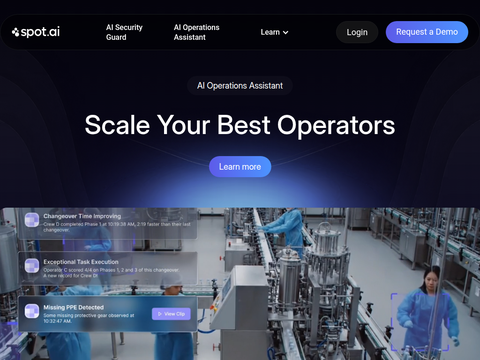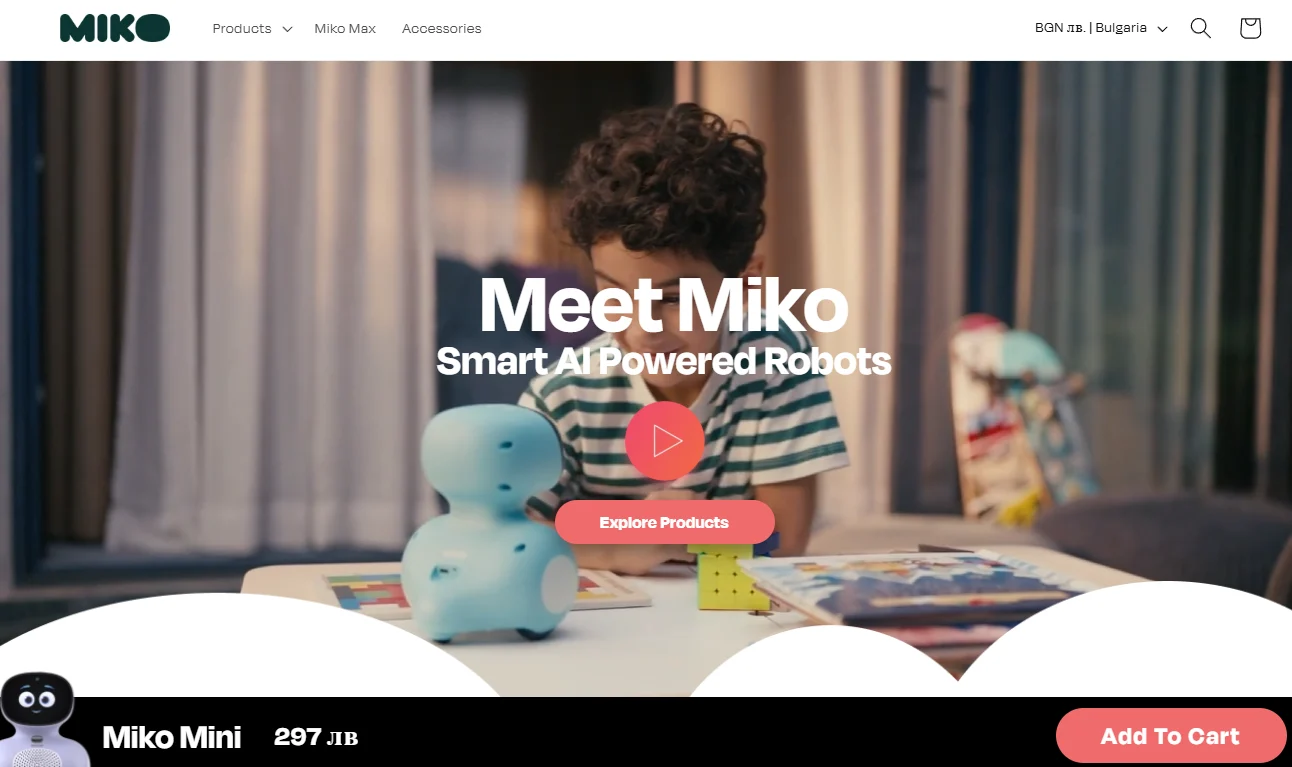Months after Intel's CEO announced plans to apply AI to "everything," we now have a clearer understanding of the areas it will be applied to first. Today, the company announced its focus on AI in the automotive industry with its "first-generation AI-enhanced software-defined vehicle system-level chip," as described by Intel. Intel also announced the acquisition of an energy management company and new efforts to standardize electric vehicle battery energy.
Intel has been competing with Nvidia and AMD, aiming to establish a presence in the processor and other hardware markets that provide the necessary power for AI prosperity. Now, it is shifting towards AI PCs, as AI running on personal computers is considered more secure than over the internet.
These companies are also competing in the automotive field, as they believe cars are the next great software platform. Intel's new automotive chips aim to enhance in-car experiences such as navigation, voice assistants, and vehicle control, according to Jack Weast, Vice President and General Manager of Intel's Automotive Business.
The first company to agree to install these chips in its vehicles is Xpeng, the electric vehicle sub-brand of Chinese automaker Geely (which is also the parent company of Volvo). The first Xpeng model equipped with Intel AI hardware will be launched later this year.
Weast said during a press briefing last week, "We are bringing AI PCs into cars." He followed up with a reality check, saying, "However, we can't just put a PC in a car. We know that automakers need to be able to reconfigure their vehicles, as I mentioned, to make them software-defined."
The company aims to introduce a "series" of system-level chips (SoCs) for these future software-defined vehicles (SDVs), with the first one set to launch by the end of 2024. Besides Xpeng, Intel did not name any other automotive customers but stated that it is actively engaging with many original equipment manufacturers.
As the automotive industry strives to incorporate increasingly complex computers into its vehicles in anticipation of widespread adoption of electric cars and advanced software, it faces many unique challenges. While it is a well-known fact that cars are becoming smartphones on wheels, capable of updating their software over the air and relying more and more on sophisticated semiconductors to perform basic functions, Weast said there is still a long way to go in building a software-defined vehicle, mainly because Intel has yet to make its mark in this area. "No one has really done software-defined correctly yet," he said. "We have a unique perspective and a unique set of capabilities that we believe can help the industry truly transform their vehicles into software-defined ones."
Intel stated that its SoCs are already deployed in 50 million driving vehicles, powering infotainment displays and instrument clusters. Starting with Xpeng, the company will showcase how its AI-enhanced chips can help usher in a new era of software-defined vehicles.
Vehicles equipped with Intel AI chips will have improved voice assistants, enhanced video conferencing capabilities, and video game options for rear-seat passengers, the company promises. Instead of navigating through multiple menus and submenus to access certain functions, you can simply tell your car what to do, according to Weast. Improved safety features, such as driver monitoring systems for hands-free driving, are also a possibility. A car with Intel AI systems could even "proactively enable" safety features that the driver has turned off, Weast said.
"I think AI has a lot of opportunities to improve the vehicle experience, make technology less obtrusive, and make it more predictive and seamlessly integrated into the driving or riding experience," he added.
Energy management and the size of electric vehicle batteries also play a prominent role in Intel's CES announcement today. The company is acquiring Silicon Mobility SAS, "a fabless automotive silicon and software company that designs, develops, and deploys electric vehicle energy management SoCs." The goal is to help electric vehicles transition from first-generation batteries, which are heavy, expensive, and mineral-rich, to something lighter, easier to manage.
Weast envisions electric vehicle batteries that are lighter, use fewer minerals, but still provide the same or better range as current-generation batteries. Intel is collaborating with SAE International to lead a new committee to develop new standards for electric vehicle power management.
"Batteries are now the heaviest and most expensive element of a vehicle," Weast said. "Today's vehicles are reminiscent of the first-generation laptops."








